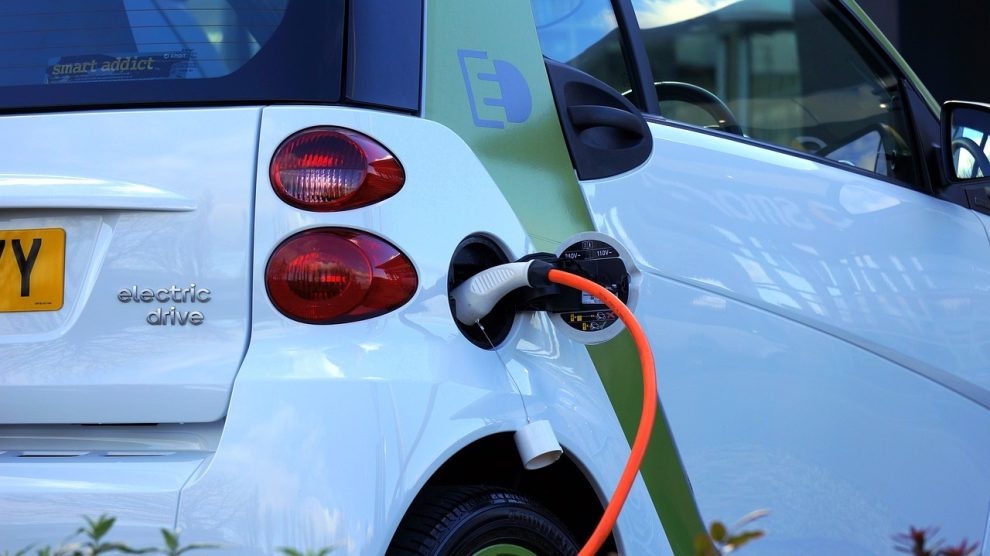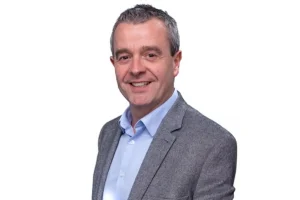CARDIFF Council will continue its expansion of electric vehicle chargers throughout the city despite the Prime Minister’s recent proposal to delay a ban on the sale of new diesel and petrol vehicles.
Prime Minister Rhishi Sunak confirmed in a speech made in September that he will look to change the UK’s target to ban all new diesel and petrol vehicle sales from 2030 to 2035
The Welsh Government estimates that between 4,800 and 7,800 fast chargers will be needed in Cardiff by 2030, but there are only 188 publicly accessible charging points across the city at the moment.
Cardiff Council’s cabinet member for climate change, Councillor Caro Wild, said: “Figures show that the public are increasingly switching to electric vehicles as they look to reduce their carbon emissions.
“Despite the Prime Minister’s recent decision to backtrack on environmental commitments and delay a ban on new diesel and petrol vehicles, the Council’s work to expand the number of EV chargers available to residents, so we can enable them to make the switch, will continue.”

The estimated number of chargers for Cardiff is not a target set for the council. However, a council target for publicly accessible chargers is being developed as part of the local authority’s EV roadmap.
Conservative Councillors Calum Davies and Sean Drsicoll raised the matter of EV charging points at Cardiff Council’s last full council meeting on September 21.
Cllr Davies noted the current progress being made on EV chargers, but added: “The fact remains that Cardiff, as well as the wider country in all honesty, is totally unprepared for a mass shift electric vehicles without the necessary infrastructure in place.”
The councillor went on to ask if there is a deadline for the installation of enough EV chargers in Cardiff to meet the impending change that will be seen across the county.
Cllr Wild said: “We have got a road map coming forward in terms of how that is going to be rolled out, the type of activity, but it is interesting that you ask about the systemic change coming and the deadlines… the announcement yesterday actually throw that all out completely don’t they?
“And that is what people are wanting, it is what the industry wants, but actually if we don’t know when those things are in place the industry is not going to be able to get those things in place in time. It has really thrown things up.”
The Welsh Government’s EV charging strategy estimates about 30,000 – 50,000 fast chargers (7-22kw) will eventually be needed across Wales with a high focus in urban areas such as Cardiff and Swansea.
Cllr Driscoll asked the cabinet member: “Can you tell us what the projected take-up of electric vehicles will be in 2030 which is only seven years time?
“And how many charging points will be required in the city to sustain and accommodate the charging of these vehicles?
“In the event we are unable to provide enough charging points in time, will you be considering, as you have with the refuse fleet, diesel fuel charging?”
Cllr Wild said: “To get to the figure we would need, we would need something like 7,000 in Cardiff which, as you say, is a massive systemic change.
“We are going to bring forward some plans as to how that will work. It is going to be market-led, but we are also going to need to use some of the spaces that we have got ourselves as well and try and make it easier for residents to put them in place.
“We have been testing loads of different solutions. [We] will see which ones of those have worked and see how that can be rolled out because it is going to need a massive shift.”
Cardiff Council and Cardiff Capital Region have so far installed 63 charging points, most of which are dual socket and able to charge two vehicles at a time. A further 125 publicly accessible charging points are available across the city.



















